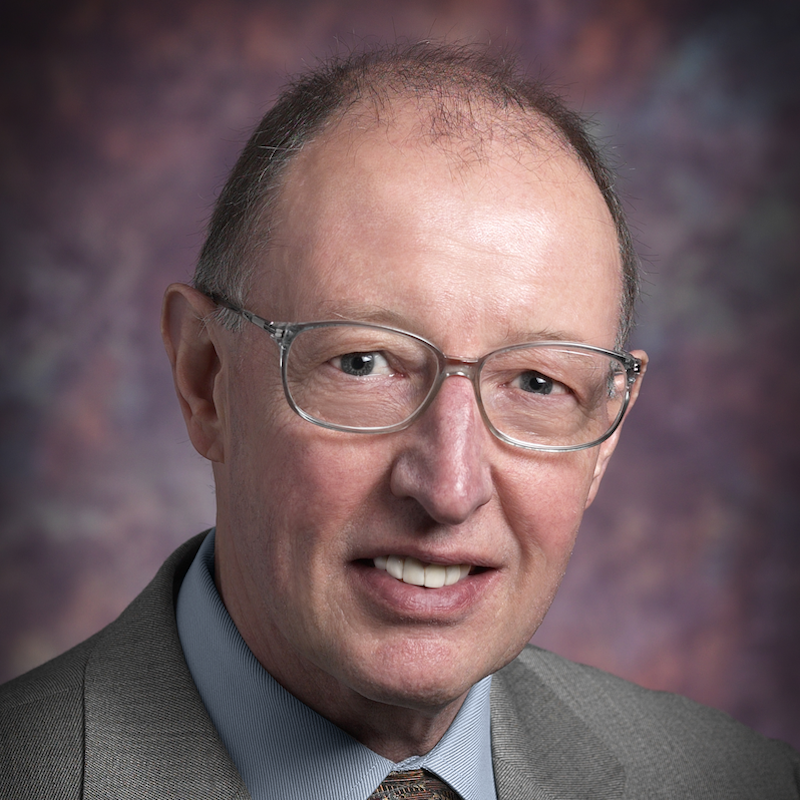
Ronald Rohrer
Emeritus Professor, Electrical and Computer Engineering
- Hamerschlag Hall 2118
Pittsburgh, PA 15213
Bio
Ron Rohrer is Professor Emeritus of Electrical and Computer Engineering at Carnegie Mellon University. A noted innovator, entrepreneur and professor, Ron is recognized as an early developer of circuit simulation, Integrated Circuit (IC) interconnect reduction and delay calculation. He is credited with driving Electronic Design Automation (EDA) tools into broad industry use. Close collaboration with industry is the inspiration for his research. Industrial challenges to be overcome will continue to guide him and his research students and collaborating colleagues.
In 1968, in a graduate course he taught at UC, Berkeley, he oversaw the production of an IC simulation program similar to the FairCirc program, a forerunner to SPICE, he had developed earlier at Fairchild Semiconductor. Student Larry Nagel then continued to make the program and models closer to becoming “industrial strength”. Based on earlier adjoint circuit simulation work, in 1971, done in collaboration with student Steve Director in 1969, Ron developed the foundation of what became the industry standard technique for simulation of analog and Radio Frequency (RF) IC noise. In 1982, while at General Electric (GE), with his former student Aart de Geus, who later founded Synopsys, Inc., he launched the work that led to the Socrates logic synthesis tool. As a professor at Carnegie Mellon, in 1988 he and then-student Larry Pileggi introduced Asymptotic Waveform Evaluation (AWE), which formed the basis for industry-wide interconnection reduction techniques for efficient IC delay calculation.
Ron also held executive management positions in EDA at companies including Cadence, Magma, Scientific Calculations, Calma, and the GE Technical Systems Sector. He was also a Venture Partner with Intersouth Partners in Durham, NC and has served on boards and as technical advisor to twenty early-stage companies. His academic experience Includes the University of Illinois at Urbana-Champaign, SUNY Stonybrook, the University of California at Berkeley, the University of Colorado, both Bolder and Colorado Springs, the University of Maine at Orono, Southern Methodist University and Carnegie Mellon University.
The founding editor of the IEEE Transactions on Computer-Aided Design of Integrated Circuits and Systems, Ron also served as president of the Circuits and Systems Society. He has authored and co-authored five textbooks and over 100 technical papers. He is a Fellow of the IEEE and a member of the National Academy of Engineering. His awards include the IEEE Education Medal and Kirchhoff Award, the NEC Computer and Communication Prize, the EDAC Kaufman Award, the IEEE CAS Van Valkenburg and Belevitch Awards, the ASEE Terman Award and was a Senior Fellow of the Alexander Von Humboldt Foundation. Ron was awarded the 2022 ACM SIGDA Pioneering Achievement Award for over half a century of contributions to electronic design automation.
Education
Ph.D. 1963Electrical Engineering
University of California, Berkeley
M.S. 1961
Electrical Engineering
University of California, Berkeley
S.B. 1960
Electrical Engineering
Massachusetts Institute of Technology
Research
Integrated Circuit Simulation and Its Applications
The focus of our research Is to make greatly more efficient both integrated circuit and system simulation and its applications, especially through the use of adjoint circuit analysis. Those applications include the following: yield analysis, which conventionally employs Monte Carlo analysis which is inefficient and opaque; analog and mixed signal fault injection which conventionally is ad hoc and inefficient; corner construction and explicit design centering; and time domain noise analysis.